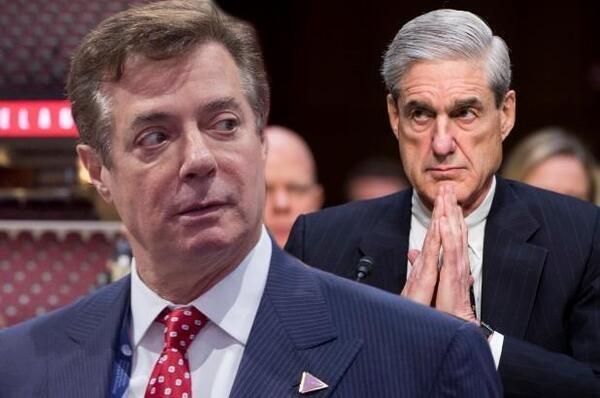Associated Press reporters asked the FBI and Justice Department for a meeting in April 2017, hoping to find out whether their reporting on President Trump’s former campaign chairman was on the right track.

But it was the AP reporters who would shape the FBI[4]’s investigation, an agent would later testify, when they disclosed the existence of a storage locker used by Paul Manafort[5].
Roughly a month after the meeting, the FBI[6] obtained a search warrant for the locker, seizing 30 years’ worth of financial documents that would become the backbone of the government’s current prosecution of Mr. Manafort[7] in two different courtrooms.
Conservative media-watchdog groups say the meeting illuminates a cozy relationship between news outlets they perceive as having an anti-Trump[8] bias and Justice Department[9], which has been besieged by accusations of political partisanship.
“This is a lapse of journalistic ethics,” said Don Irvine[10], chairman of Accuracy in Media. “It looks like The Associated Press is cooperating with the investigation and pushing this information to get Manafort[11] so it could get to Trump[12].”
An Associated Press spokeswoman said the meeting was an effort for reporters to learn more about the FBI[13]’s Manafort[14] probe. She confirmed the reporters did ask officials if they knew about a storage locker belonging to Mr. Manafort[15], but said the reporters did not share its name or location.
“Associated Press journalists met with representatives from the Department of Justice[16] in an effort to get information on stories they were reporting as reporters do,” said Lauren Easton, a spokeswoman for the news outlet.
That explanation didn’t satisfy Tim Graham[17], director of media analysis for the conservative-leaning Media Research Center.
“You can see why the AP would push back on this, because it makes them look like anti-Trump[18] activists who brought Paul Manafort[19] to the FBI[20],” he said....
FBI[21] agent Jeff Pfeiffer revealed the conversation with AP reporters in testimony in court last week as a judge prepares for a trial on federal charges related to failure to pay income taxes and tax fraud.Mr. Pfeiffer said the purpose of the meeting was for the FBI[22] to learn more about what The Associated Press uncovered. Journalism ethics experts said there is nothing wrong with meetings between reporters and law enforcement to exchange information.“Particularly with investigative journalists, you often have meetings where you have to trade information to get information,” said Mark Feldstein, who teaches journalism at the University of Maryland. “This is how the sausage is made and it often looks unappetizing to members of the public who aren’t familiar with the process.”Kathleen

